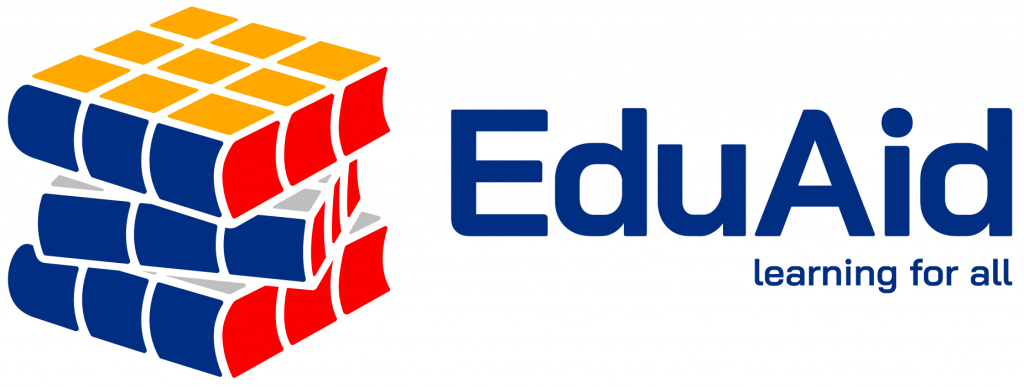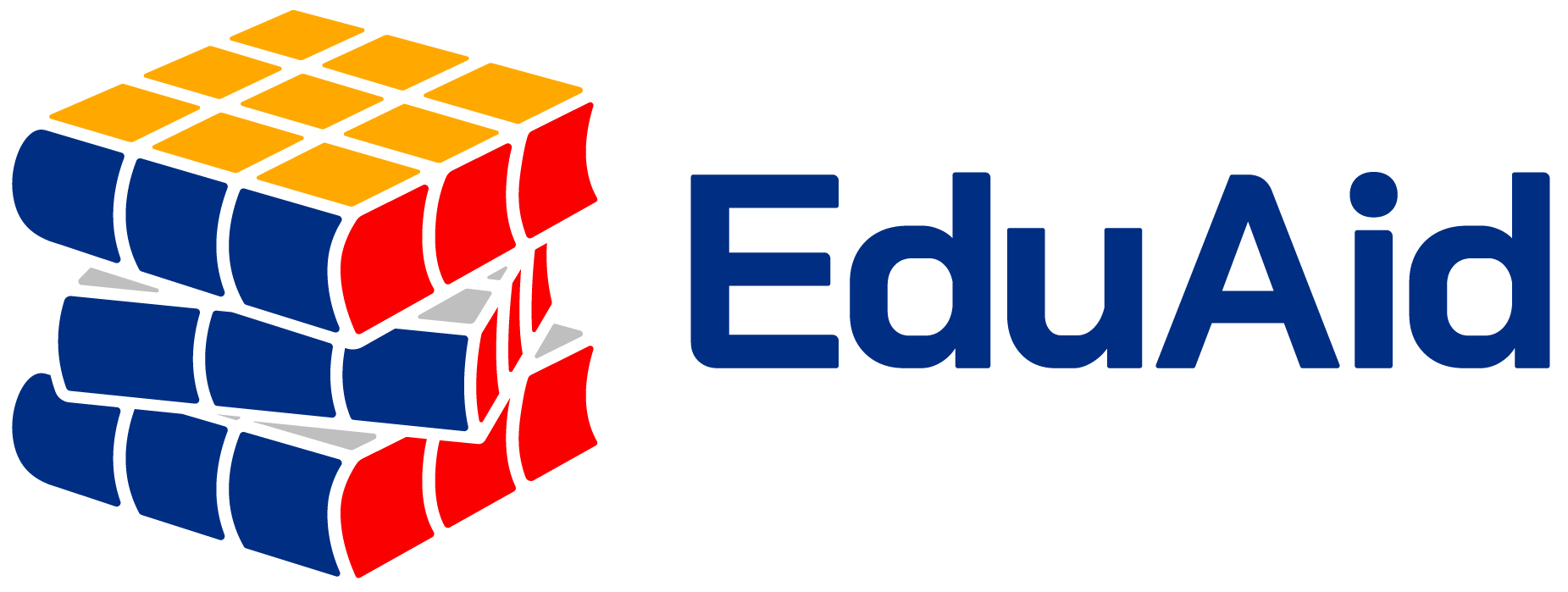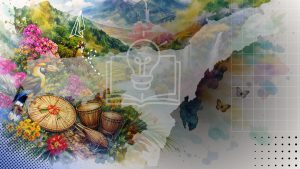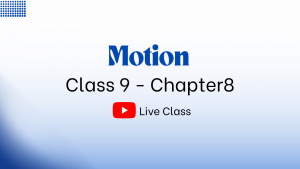Class-IX Social Science Democratic Politics Chapter 2 – Constitutional Design
1. Here are some false statements. Identify the mistake in each case and rewrite these correctly based on what you have read in this chapter.
a) Leaders of the freedom movement had an open mind about whether the country should be democratic or not after independence.
Ans: Leaders of the freedom movement had a legal agreement that the country should be a democratic nation after independence.
b) Members of the Constituent Assembly of India held the same views on all provisions of the Constitution.
Ans: Members of the Constituent Assembly of India held the same views on the basic principles of the constitution.
c) A country that has a constitution must be a democracy.
Ans: A country that is a democracy must have a constitution.
d) Constitution cannot be amended because it is the supreme law of a country.
Ans: The Constitution can be amended as per the requirements of the society.
2. Which of these was the most salient underlying conflict in the making of a democratic constitution in South Africa?
(a) Between South Africa and its neighbours
(b) Between men and women
(c) Between the white majority and the black minority
(d) Between the coloured minority and the black majority
Ans: (d) Between the coloured minority and the black majority
3. Which of these is a provision that a democratic constitution does not have?
(a) Powers of the head of the state
(b) Name of the head of the state
(c) Powers of the legislature
(d) Name of the country
Ans: (b) Name of the head of the state
4. Match the following leaders with their roles in the making of the Constitution:
|
(a) Motilal Nehru
|
i) President of the Constituent Assembly
|
|
(b) B.R. Ambedkar
|
ii) Member of the Constituent Assembly
|
|
(c) Rajendra Prasad
|
iii) Chairman of the Drafting Committee
|
|
(d) Sarojini Naidu
|
iv) Prepared a Constitutuin for India in 1928
|
Ans:
|
a
|
Motilal Nehru
|
(iv) Prepared a Constitution for India in 1928
|
|
b
|
B. R Ambedkar
|
(iii) Chariman of the Drafting Committee
|
|
c
|
Rajendra Prasad
|
(i) President of the Constituent Assembly
|
|
d
|
Sarojini Naidu
|
(ii) Member of the Constiuent Assembly
|
5. Read again the extracts from Nehru’s speech ‘Tryst with Destiny’ and answer the following:
a) Why did Nehru use the expression “not wholly or in full measure” in the first sentence?
Ans: Nehru used the expression “not wholly or in full measure” since building a nation is a huge task according to him, which is difficult to fulfill in one’s lifetime.
b) What pledge did he want the makers of the Indian Constitution to take?
Ans: The pledge that he wanted the makers of the Indian Constitution to take, was to serve India, the Indian people and humanity, by giving their lives.
c) “The ambition of the greatest man of our generation has been to wipe every tear from every eye”. Who was he referring to?
Ans: He was referring to Mahatma Gandhi.
6. Here are some of the guiding values of the Constitution and their meaning. Rewrite them by matching them correctly.
|
(a) Sovereign
|
i) Government will not favour any religion
|
|
(b) Republic
|
ii) People have the supreme right to make decisions.
|
|
(c) Fraternity
|
iii) Head of the state is an elected person.
|
|
(d) Secular
|
iv) People should live like brothers and sisters.
|
Ans:
|
(a)
|
Sovereign
|
(ii)
|
People have the supreme right to make decisions
|
|
(b)
|
Republic
|
(iii)
|
Head of the state is an elected person
|
|
(c)
|
Fraternity
|
(iv)
|
People should live like brothers and sisters
|
|
(d)
|
Secular
|
(i)
|
Government will not favour any religion.
|
7. A friend from Nepal has written you a letter describing the political situation there. Many political parties are opposing the rule of the king. Some of them say that the existing constitution given by the monarch can be amended to allow more powers to elected representatives. Others are demanding a new Constituent Assembly to write a republican constitution. Reply to your friend giving your opinions on the subject.
Ans: In my opinion, making small amendments does not shift whole power in the hands of representatives. This does not give total responsibility to the elected representatives what will happen in next upcoming years. Hence, a new and well drafted constitution is the correct choice.
8. Here are different opinions about what made India a democracy. How much importance would you give to each of these factors?
a) Democracy in India is a gift of the British rulers. We received training to work with representative legislative institutions under the British rule.
Ans: Democracy in India is not a gift of the British rulers. People of India had to struggle and sacrifice their life to get freedom. Yes, experience working under the legislative constituency helped a lot while setting up of democratic institution.
b) Freedom Struggle challenged the colonial exploitation and denial of different freedoms to Indians. Free India could not be anything but democratic.
Ans: Freedom struggle was important in spreading the idea of nationalism throughout the country, and inculcating the practice of making decisions by legal agreement.
c) We were lucky to have leaders who had democratic convictions. The denial of democracy in several other newly independent countries shows the important role of these leaders.
Ans: India’s freedom struggle is the only example of a bloodless freedom struggle in contemporary history. The leaders had the intention to give freedoms to the citizens of the country. Our leaders had the maturity to listen to the views of others.
9. Read the following extract from a conduct book for ‘married women’, published in 1912. ‘God has made the female species delicate and fragile‘ both physically and emotionally, pitiably incapable of self-defence. They are destined thus by God to remain in male protection – of father, husband and son – all their lives. Women should, therefore, not despair, but feel obliged that they can dedicate themselves to the service of men’.
Do you think the values expressed in this para reflected the values underlying our constitution? Or does this go against the constitutional values?
Ans: The values expressed in this para are totally contradictory to the values underlying our constitution. Women here are treated as weak, but in our constitution men and women both are treated equally. The policies made by the government also favour women to bring them into the mainstream.
10. Read the following statements about a constitution. Give reasons why each of these is true or not true.
a) The authority of the rules of the constitution is the same as that of any other law.
Ans: Not True
The Constitution describes in detail how the government is elected, their powers, rights of citizens and their protection. This law is very much different from any other law.
b) Constitution lays down how different organs of the government will be formed.
Ans: True
The Constitution clearly defines the role of legislature, the executive and the judiciary and also it states how they should be formed and by whom.
c) Rights of citizens and limits on the power of the government are laid down in the constitution.
Ans: True
Constitutional setup limits the power of government through different institutions and also talks about the rights of citizens.
d) A constitution is about institutions, not about values
Ans: Not True
The Constitution contains values which the institutions have to promote. Very good example is the Preamble to the Constitution which states that justice, liberty, equality and fraternity needs to be promoted. Secularism needs to be followed, socialism and democracy has to be the basis of the government in the country.
Study materials
- Refernce Books
- NCERT Solutions
- Syllabus
